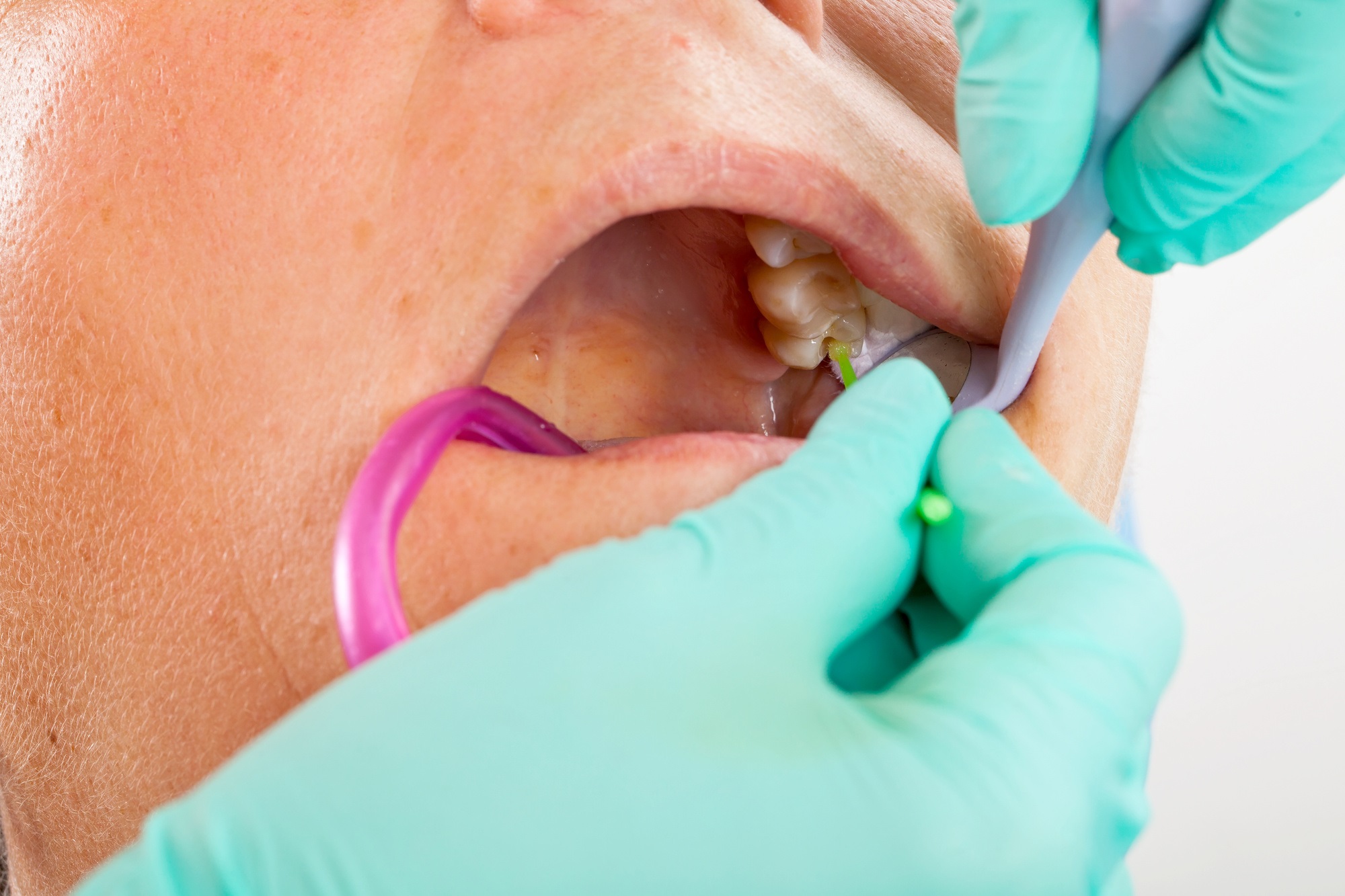Most people get stressed because they’re afraid of dental problems. They often think that minor issues can turn into serious issues if not taken care of immediately. And while having a dental emergency is severe, it may not always be life-threatening.
The key to knowing when to seek urgent care is knowing the signs. And if you’re unsure, it’s always better to err on caution.
But how can you know when to see a dentist? Keep on reading, and we’ll walk you through everything you need to know.
1. Swelling
An infection can cause dental swelling, injury to the mouth, or by inflamed gums. It is a common sign of dental problems as it could mean something is wrong with a tooth or gum tissue. When swelling occurs, it is best to seek treatment immediately.
Swelling is usually accompanied by pain, redness, and skin sensitivity. Due to the urgency of the node, it is essential to call a local dentist office immediately and seek medical attention to determine the cause.
2. Cracked or Broken Tooth
Cracked teeth can lead to infection, resulting in pain and discomfort, and they can even weaken your teeth if bacteria get into the crack. You may also risk damage to the tooth’s nerve in some cases. You should contact your dentist immediately if you experience toothache, swelling, or bleeding from a crack or break.
Treatment may involve a tooth filling, crown, root canal, or even extraction, depending on the severity of the damage. If you experience any signs of a dental emergency, you should not delay seeking assistance.
3. Metal Taste in Your Mouth
This usually indicates a broken dental filling or a tooth root fracture. Although a broken filling is not typically an urgent issue, it should be addressed immediately. Foreign objects, including metal, tend to appear in dental X-rays, which helps identify this problem.
You must seek immediate medical attention if the metal taste is accompanied by severe pain, swelling, or fever. Cracked teeth or a damaged crown or bridge should be treated immediately to avoid infection and prevent further damage to the teeth and gums.
4. Severe Toothache
This indicates a possible dental emergency and requires immediate medical attention. If an infection is present, the toothache may also become increasingly more severe and persistent as time passes.
In a severe toothache, it is essential to contact a dental professional immediately. Prompt attention is necessary to potentially reduce further damage to the area and promote oral health.
5. Sudden Tooth Loss
A sudden tooth loss in an adult can signify a dental emergency. This can be a severe condition and require immediate attention.
The signs and symptoms that may accompany sudden tooth loss include tooth pain, jaw swelling, and bleeding from the area. It is essential to visit your dentist or an emergency dental clinic.
Additionally, the patient may have difficulty speaking, swelling in the jaw or face, and changes to the teeth’s appearance. Depending on the cause, other symptoms may be present.
Don’t Ignore a Dental Emergency
If you or someone you love is experiencing signs of a dental emergency, acting quickly is essential. Seek help from your local emergency dentist or general dentist to diagnose and treat the issue. Don’t wait and risk further damage; get help now!
To learn more helpful tips, be sure to visit our site today!





Be First to Comment